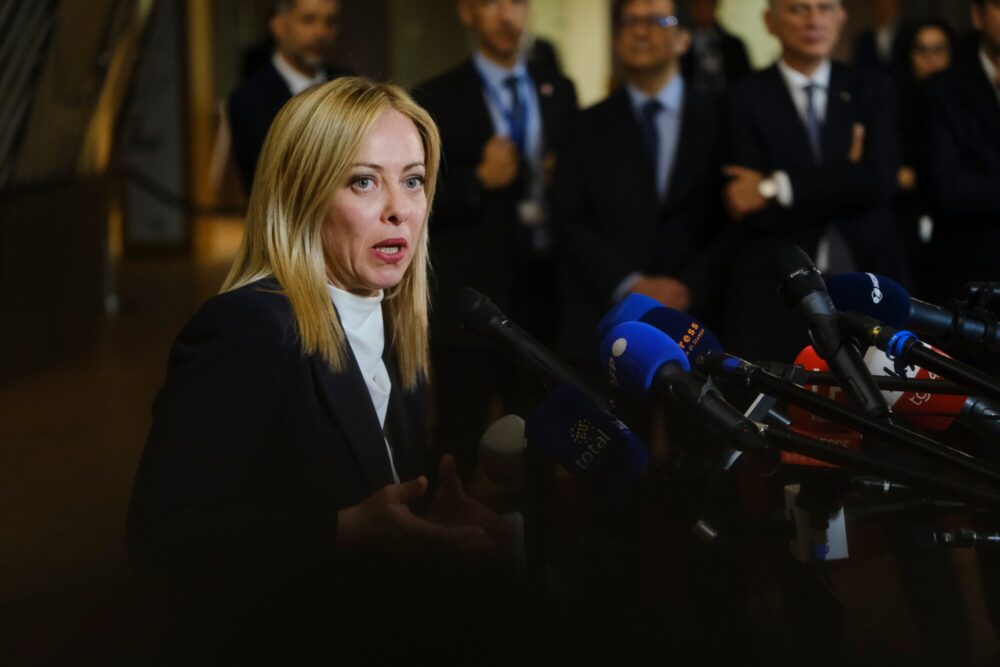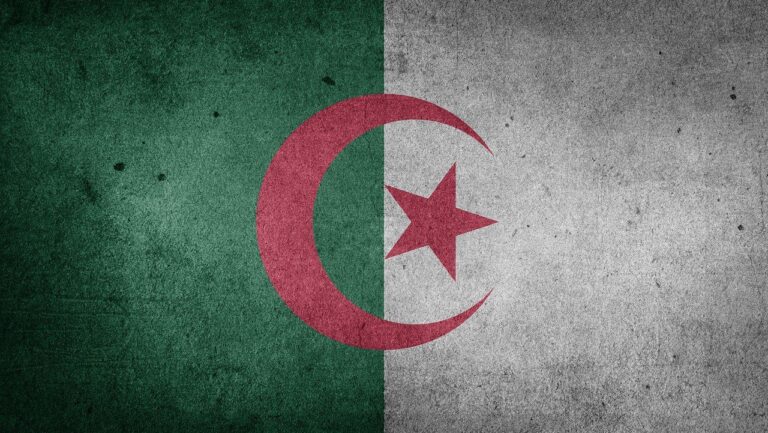In line with her desire to make Italy’s presence more felt in European affairs, Giorgia Meloni recently expressed her support for the enlargement of the European Union to the Western Balkans. She conveyed this in a video message released during a conference held on January 24th in Trieste on the theme “Italy and the Western Balkans: growth and integration.”
Il videomessaggio del Presidente @GiorgiaMeloni alla Conferenza Nazionale “L’Italia e i #BalcaniOccidentali: crescita ed integrazione. Obiettivi strumenti ed opportunità per il #SistemaItalia", in corso a Trieste e promossa da @ItalyMFA.
— Palazzo_Chigi (@Palazzo_Chigi) January 24, 2023
Qui il testo: https://t.co/x1xW2Uhnzv pic.twitter.com/sk7PFPEG11
According to the prime minister, Italy must take into account these neighboring countries for the defense of its strategic interests and as an area that she considers of “vital importance” for the future of Europe as a whole. The Western Balkans consists of the countries that made up the former Yugoslavia: Croatia; Bosnia-Herzegovina; Kosovo; Northern Macedonia; Montenegro, and Serbia. Slovenia is not part of it, but Albania is. Croatia, included in this group, has already joined the European Union.
The choice of Trieste as the site for this conference is significant. Historically, the port city has always been viewed as a gateway to the Balkans, with which it has always maintained numerous exchanges, both economic and cultural. In her speech, Meloni described Trieste as the most “Mitteleuropa” of all Italian cities—a point of passage where the Latin and Italian qualities intersect with the Slavic and Germanic worlds.
For the Italian government, the Trieste conference represents a kind of exercise or playground to improve Italy’s credibility with respect to its role in European regional geopolitical issues. Foreign Minister Antonio Tajani, present in Trieste, for his part, intends to make this conference “a turning point in Italian foreign policy in the Balkan area.”
In the line of fire is obviously the Ukrainian conflict, on which Meloni is particularly keen to display Italy’s solidarity with the rest of Europe. For her, the countries of the Western Balkans must benefit from the same approach: in a troubled context, everything must be done to strengthen their sense of belonging to the Western world and maintaining its values. The enlargement of the European Union towards the Western Balkans must therefore be a “priority”: “We cannot allow this strategic area for our continent to remain out of the European common home for a long time,” insisted Meloni. Italy intends to play a role in this process of integration and if Meloni wants to put “more Italy in Europe,” she also wants to put “more Italy in the Balkans.” She wants to underpin this policy with an ambitious investment in infrastructure and energy, as well as in the establishment of small and medium-sized enterprises, embodying an Italian economic “model.”
While some of Meloni’s opponents might have feared that the Fratelli d’Italia leader would be anti-European, these recent statements clearly point to a policy of full support for the institutions of the European Union, whose remit she has no intention of questioning.





